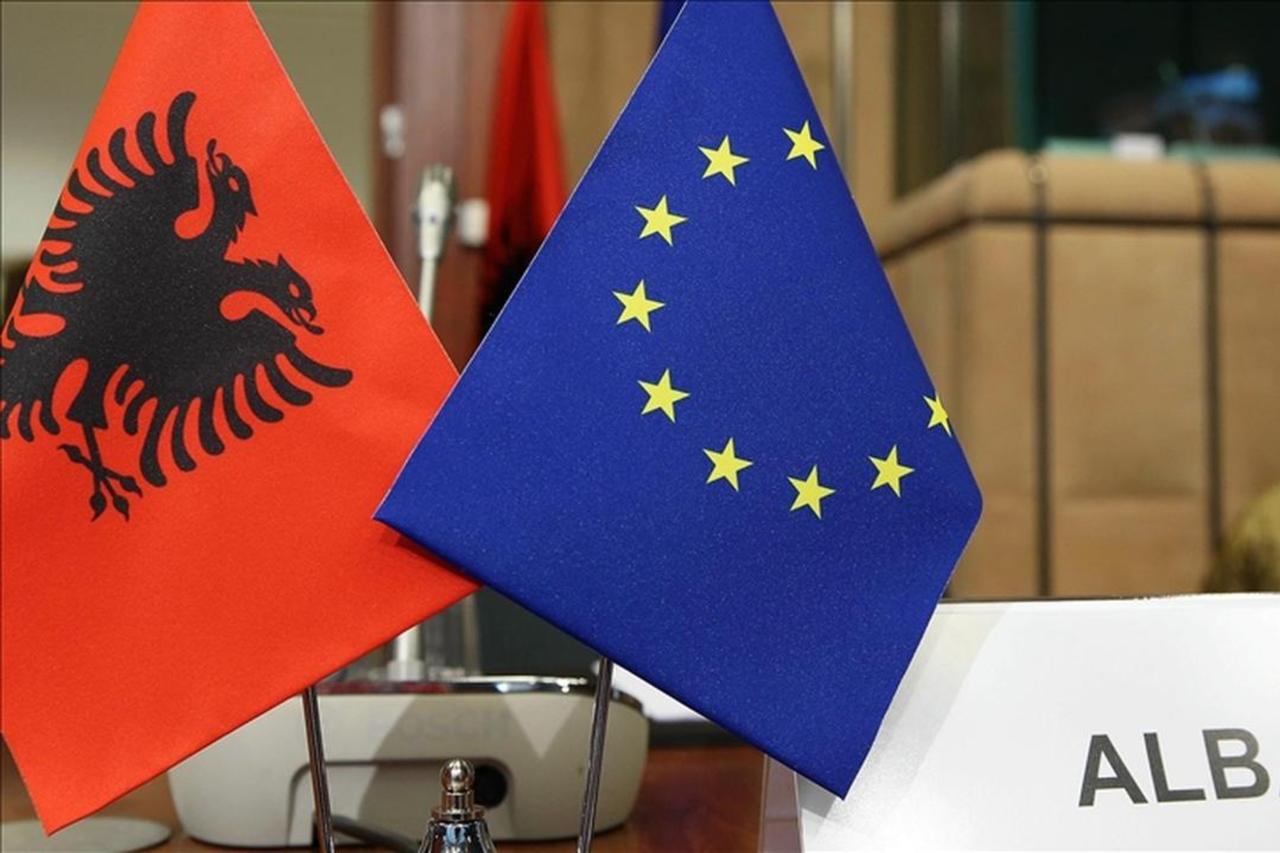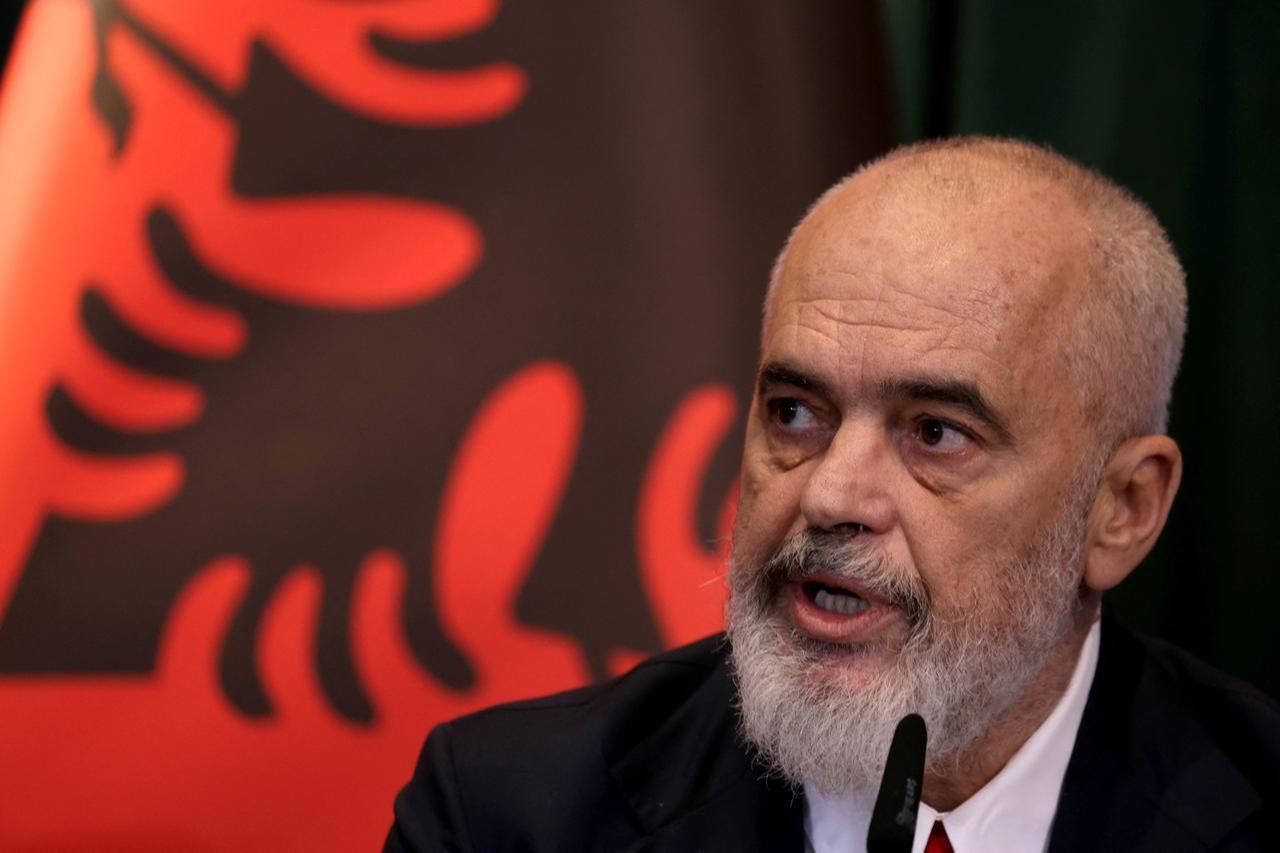
The European Union reached a significant milestone in Albania's membership bid Monday, opening the last of six negotiating clusters during accession talks in Brussels, bringing the Balkan nation closer to potential EU membership after more than a decade of candidacy.
The fifth cluster, covering resources, agriculture and cohesion policy, launched at the seventh accession conference between EU officials and Albanian representatives. The cluster encompasses agriculture and fisheries, food safety standards, and regional cohesion programs that form the backbone of EU structural funding.
"Today's step of opening the last negotiating cluster with Albania demonstrates the country's commitment to further advancing its path towards EU membership," Marie Bjerre, Denmark's European affairs minister, said in a statement, emphasizing the bloc's interest in bringing Western Balkan partners into the union upon completion of necessary reforms.

Albania has previously opened negotiations on five other clusters: fundamentals, which includes rule of law and judicial reforms; the internal market; competitiveness and inclusive growth; the green agenda and sustainable connectivity; and external relations. The cluster system groups the EU's 35 policy chapters into thematic areas to streamline the accession process.
The EU accession process requires candidate countries to align their laws and standards with the acquis communautaire—the comprehensive body of EU legislation, court decisions and common obligations that all member states must adopt. Negotiations proceed cluster by cluster, with each area requiring demonstrated reforms and implementation before provisional closure.
The EU Council established benchmarks for provisional closure of chapters within the newly opened cluster, though discussions will return to these areas at later stages of the negotiation process. Brussels will continue monitoring Albania's alignment with EU standards and its implementation of required reforms throughout the negotiations.
Albania submitted its EU membership application in 2009 and received candidate status in 2014, but formal accession negotiations did not begin until 2022. The timeline reflects the EU's emphasis on concrete progress in areas like judicial independence, anti-corruption measures and democratic institutions before advancing membership talks.
The Western Balkans region—including Albania, Serbia, Montenegro, North Macedonia, Bosnia and Herzegovina, and Kosovo—remains a priority for EU expansion, though the accession process typically spans many years as candidates work to meet the bloc's extensive political, economic and legal requirements.